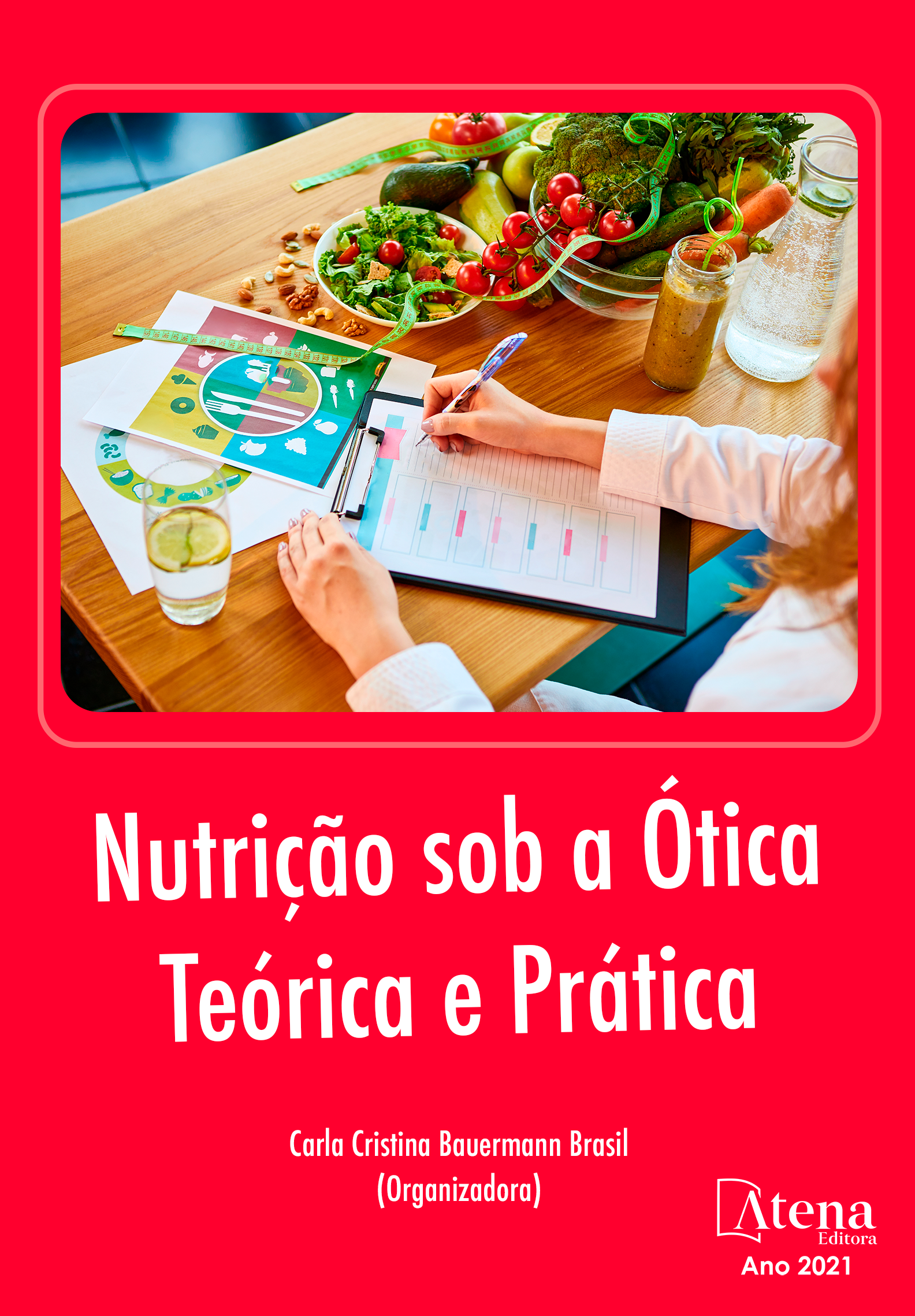
CONSUMO DE BEBIDAS NÃO ALCOÓLICAS E PERCEPÇÃO DE SAUDABILIDADE REPORTADO POR UNIVERSITÁRIOS DE UMA INSTITUIÇÃO PRIVADA DE ENSINO
A tendência de aumento de consumo de alimentos altamente energéticos, dentre eles o consumo de alimentos ricos em açúcares simples, é motivo de preocupação. Mundialmente observa-se aumento na obtenção de energia proveniente de refrigerantes e bebidas à base de frutas. Este cenário remete à necessidade de diagnóstico e monitoramento do padrão de consumo desta população. Objetivos: investigar o padrão de consumo de bebidas não alcoólicas por jovens universitários. Resultados: Foram entrevistados 300 alunos dos quais 77,7% faz pelo menos uma refeição fora de casa, 43,3% consomem mais de 7 copos de água ao dia, 56% não consomem café. A maior frequência de consumo diário foi de leite (42,3%) e a segunda o suco de fruta. A bebida preferida e considerada mais saudável foi a água, seguido do suco, néctar e refrigerante, com avaliações estatisticamente distintas. Quanto a informação nutricional 64,3% relatam ler, e 56% disseram que as informações contidas influenciam na intenção de compra. Conclusões: O consumo de água foi adequado, mas atenção é necessária frente ao consumo de sucos, uma vez que não há distinção por parte da população das diferenças entre suco e néctar. Neste cenário, ações de educação nutricional que sensibilizem o jovem são importantes estratégias para promoção da alimentação saudável.
CONSUMO DE BEBIDAS NÃO ALCOÓLICAS E PERCEPÇÃO DE SAUDABILIDADE REPORTADO POR UNIVERSITÁRIOS DE UMA INSTITUIÇÃO PRIVADA DE ENSINO
-
DOI: 10.22533/at.ed.9252112023
-
Palavras-chave: néctar; hidratação; suco; consumo alimentar.
-
Keywords: nectar; hydratation; juice; food consumption
-
Abstract:
The consumption increasing trend of energy-dense foods, including the consumption of foods high in simple sugars and it is a concern. Worldwide there is an increase in obtaining energy from soft drinks and fruit beverages. This scenario leads to the need for diagnosis and standard monitoring consumption of this population. Objectives: To investigate the pattern of consumption of non-alcoholic beverages by college students. Results: There were interviewed 300 students of which 77.7% is at least one meal were home, 43.3% consume more than 7 glasses of water a day, 56% do not consume coffee. The higher frequency of daily consumption was milk (42.3%) and the second fruit juice. The preferred drink and the considered healthiest was the water was followed by juice, nectar and soda, with statistically different ratings. The majority, 64% of colleges read the nutritional information 64%, and 56% said that the information influence purchase intent. Conclusions: The water intake was adequate, but attention is required for juices, since there is no distinction among the population of the difference between juice and nectar. In this scenario, nutrition education to sensitize the young are important strategies for promoting healthy eating. -
Número de páginas: 19
- Andrea Carvalheiro Guerra Matias
- Juliana Masami Morimoto
- Marina Mendes Costa
- Izabela Pinheiro Krey


